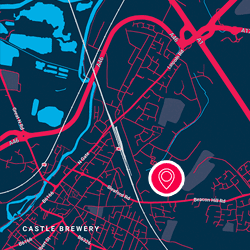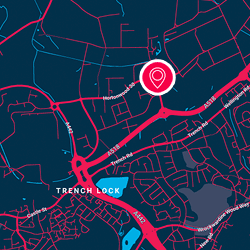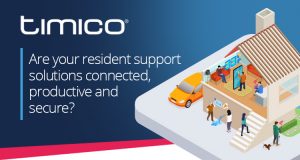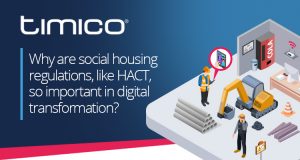BLOG
Public Cloud Repatriation
There is a growing trend of what technology analysts are calling Public Cloud repatriation – businesses bringing partial workloads and storage back in-house or to private environments, utilising hybrid or multi-cloud solutions – often driven by challenges such as spiralling costs.
I’m a strong believer that multi-cloud solutions are the way forward in any cloud journey and key factors that would usually trigger cloud repatriation decisions can be easily addressed when working with the right partner.

Here are some areas organisations are re-assessing after the fast adoption of Public Cloud:
Cost
“Cloud First” was the term frequently used by many businesses when they performed a wholesale ‘lift and shift’ into an AWS or Azure Infrastructure as a Service model, rather than evaluating the 6Rs to determine the best way to achieve maximum value from the cloud. This led to everything being in an environment where compute costs are actually up to 40% higher than private clouds, if you’re not leveraging the wider capabilities of the hyperscalers.
Security and Compliance
Security best practice and knowledge has been misunderstood when moving to a cloud-based model. Although the concept of a shared risk model is mature, the understanding of what could and should be done to deliver security in a Public Cloud is unknown; especially with the evolution of modern architectures and application delivery mechanisms. So, with unknown risk and skills to help inform and protect, CIOs and CISOs have pulled infrastructure back to something that is more familiar and fits within their existing security frameworks and control.

Skills
As with security considerations, having sufficient breadth and depth of skills to manage a multi-cloud environment – let alone be leading the market against your competitors – is a significant and costly challenge if you are fully managing your IT estate in-house. You’re having to ‘grow your own’ in key areas as you’re unable to compete with the wider market that are able to offer better packages, environment and frequent opportunities to develop skills and knowledge. So again, we find it safe to stick to what we know.

The ‘silver bullet’ to address these is to find a trusted partner; a business that will help guide and advise on benefits and risks relevant to your business, whilst helping to develop reasoning and the business case needed in order to garner the support you need to modernise your IT. A trusted partner should have the skills to securely migrate, transform and manage a multi-cloud estate, whilst reporting and optimising costs on an ongoing basis; and demonstrating a security architecture and framework that is consistent in any environment. Public, Private, On-Premise and at the edge.

While public cloud adoption is not slowing down, enterprises should be thinking about how they make the transition to focus on long term benefits rather than short term expenditure. The need to re-assess, refactor or re-platform applications is often missed as a result of companies rushing into cloud infrastructure without proper assessment.
Before you make any significant changes to your cloud or IT infrastructure, I would encourage you to choose the right partner who has the breadth, depth and maturity to be able to deliver against these requirements, enabling your business to compete, innovate and succeed.
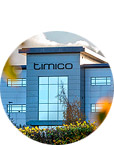
Timico
We deliver Connectivity, UC&C, Cloud & Hosting, Security and IT Managed Service Solutions to our customers, through Service Operations based in Newark, Winnersh, Telford and London.




